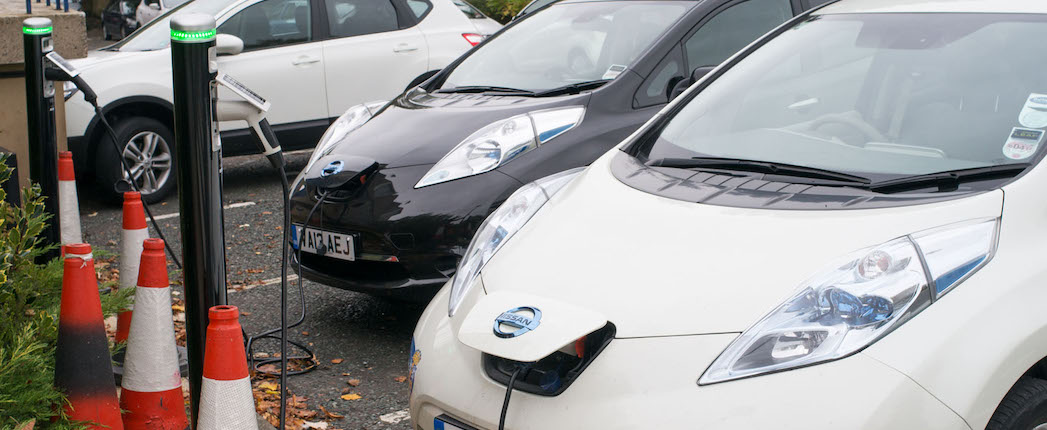
Driver behaviours in gasoline-powered cars may influence electric vehicle design, according to e-mobility researchers in a new study.
Professors Frances Sprei of Chalmers University in Sweden and Willett Kempton of the University of Delaware, U.S., suggest a change of mentality could lead to more effective charging methods, help new EV buyers adapt and inform planning of charging stations.
New EV drivers tend to regard the battery the same way as a fuel tank, and fill up with charge when needed. These fueling habits can lead to range anxiety when there isn’t enough charge to complete a journey, enough time to charge or no access to a charger when needed.
In response, carmakers have increased battery sizes, which ups weight and costs. Kempton and Sprei suggest a change of mentality could save time charging and increase demand for cheaper cars.
“Liquid fuels and electricity have really different characteristics related to refueling. The prior focus has been on the much longer time for energy transfer with EVs,” Kempton told Lubes’n’Greases.
Drivers who habitually charge their cars when not in use complained less about range anxiety, inconvenience or waiting to charge, the researchers found.
Kempton and Sprei project that an EV with a smaller battery would be sufficient for many drivers following this habitual model. It would only require en-route charging for a few days a year and allow them to buy a lower-cost, lighter EV that meets their needs.
“A few people have travel needs requiring large batteries, but others may only be motivated by ‘buyer’s range anxiety.’ We found that if EV drivers develop habits like charging during a set daily event – overnight when asleep, or at work – they have less anxiety and spend less time thinking about charging,” Kempton said. “Many experienced EV uses had over time developed fueling habits that were easier and which could actually make EV charging faster – in driver time used – than liquid refueling.”

Sorry, a technical error occurred and we were unable to log you into your account. We have emailed the problem to our team, and they are looking into the matter. You can reach us at lubesngreases@omeda.com.
Click here link to homepage